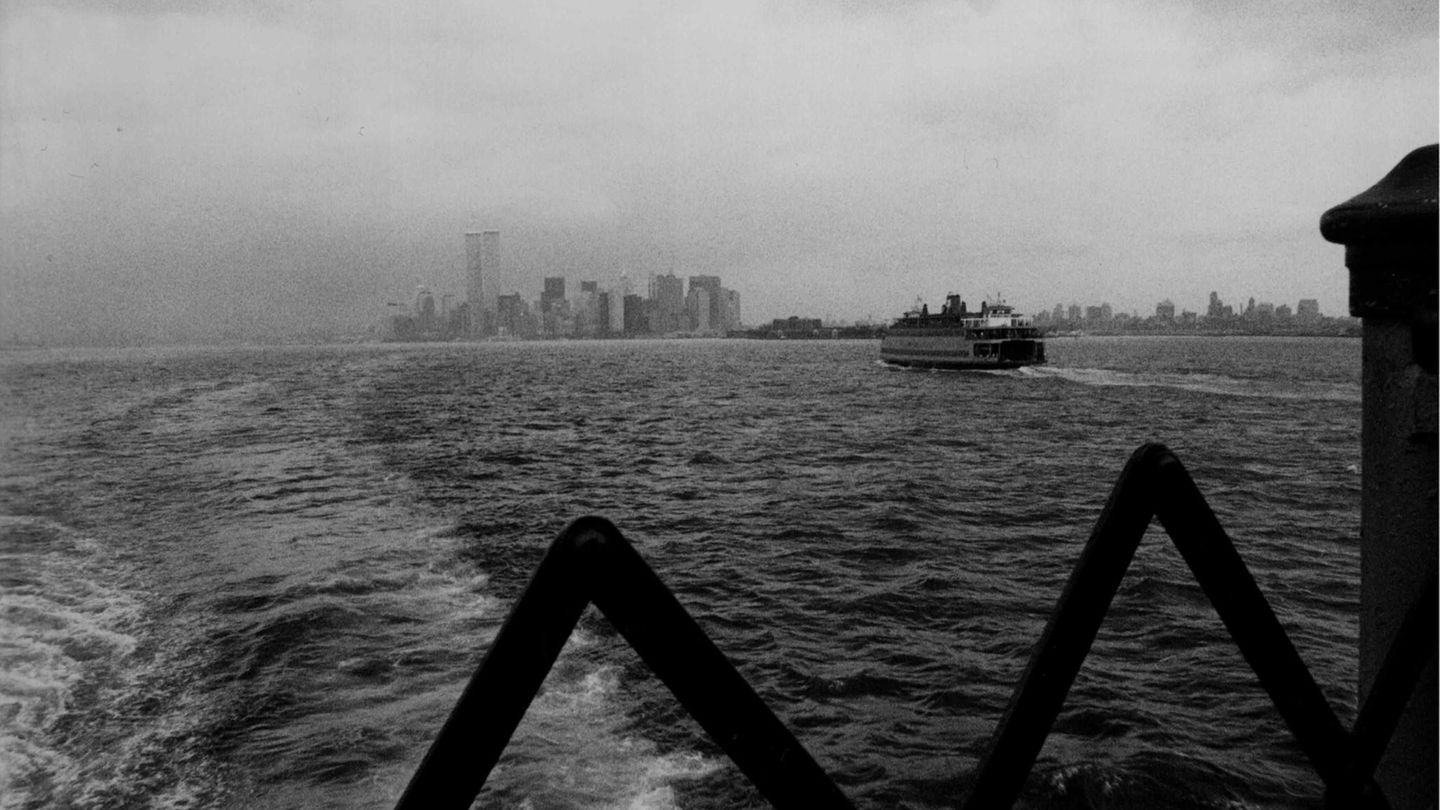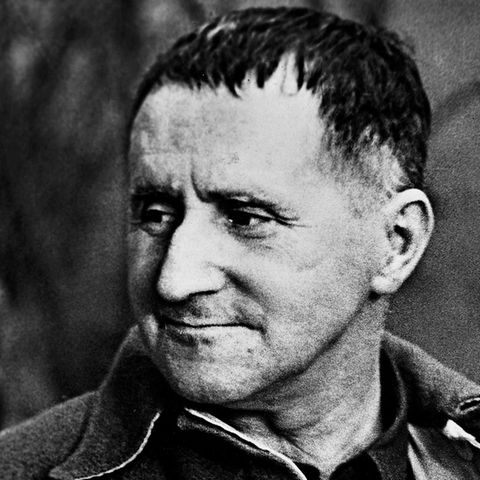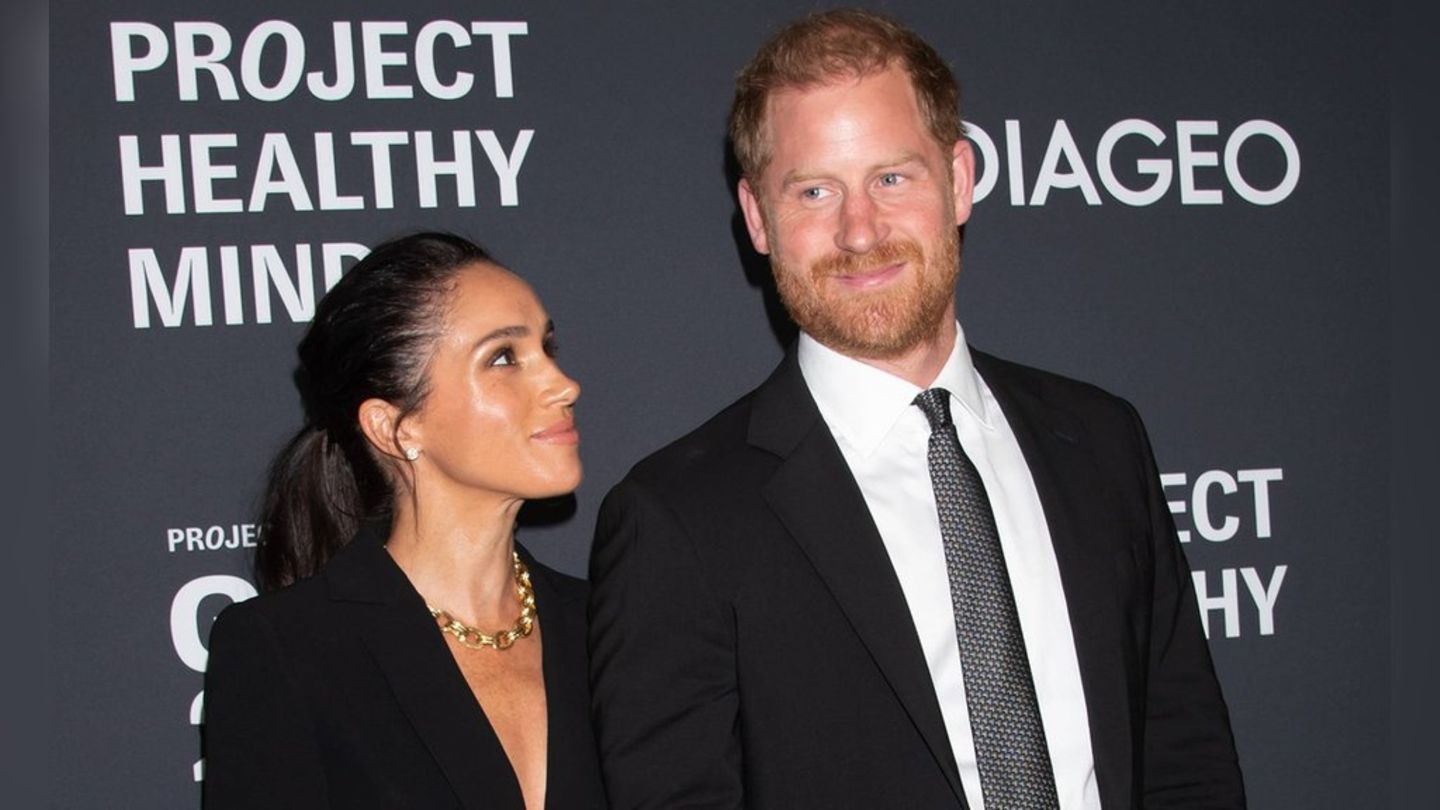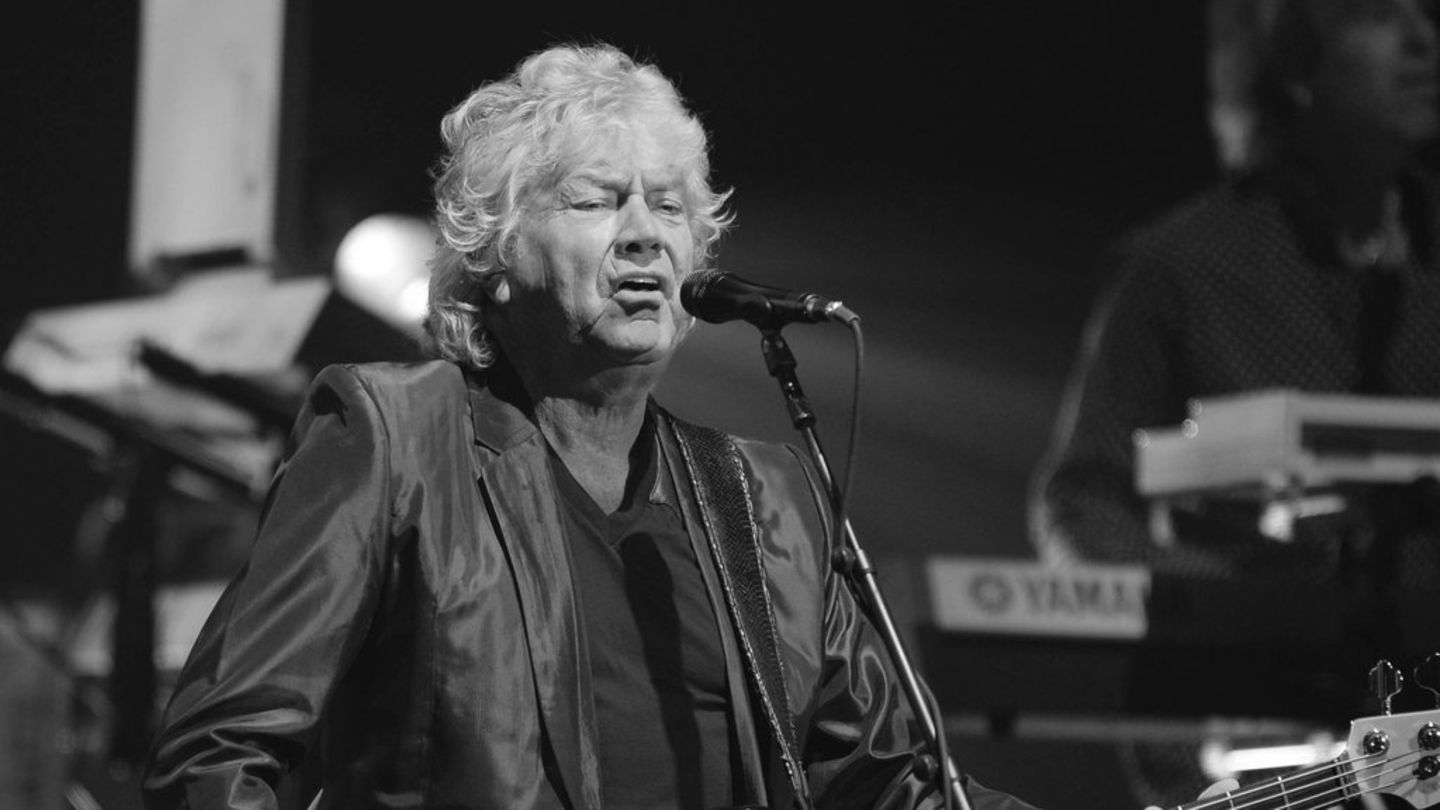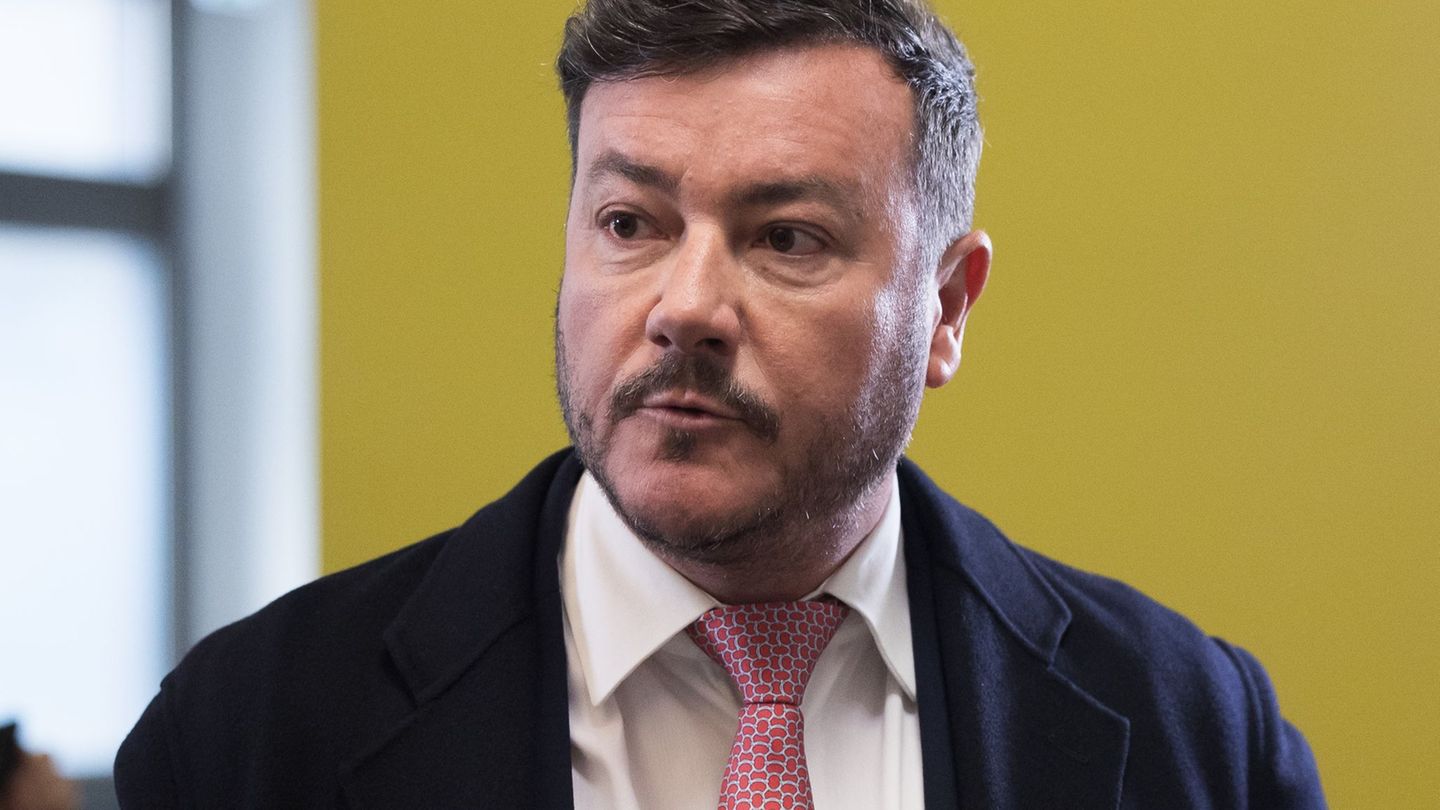Middle East column
The fall of the Berlin Wall – or how an Ossi learned to respect America
Copy the current link
When the Berlin Wall came down, the free world opened up for me, who had just turned 18. She was a little different than I had imagined.
We had saved up the money we needed during our community service to exchange it for travelers checks from American Express. We had packed the backpacks up to the permitted flight weight of 25.00 kilograms. And we picked up our visas at the branch of the Embassy of the United States of America on Clayallee in Berlin. The process felt something like enlisting in the National People’s Army, only without the visitation of the genital area.
So now my friend Lorenz and I had flown across the Atlantic to New York. We took the Staten Island Ferry past the Statue of Liberty, were threatened by knife-wielding junkies in the subway, and visited the glittering golden interior of a high-rise that a certain Donald Trump had built. According to the newspapers, the man was on the verge of bankruptcy.
It was almost two years since the wall came down. But in New York I was accompanied by the feeling of unreality that I had felt again and again since November 9th. After all, until I came of age, I lived with the certainty that I would never be able to see any of this.
And now I was here. In America.
Middle East
star author Martin Debes reports as a reporter primarily from the five eastern federal states. Every other weekend, the native of Thuringia writes down what he has noticed between Rügen and Rennsteig.
We bought a car at the youth hostel, whose address I still remember by heart (corner of 103th, Amsterdam). The two Munich boys who had come over from the west coast with it had their return flight the next day. For once, the Ossis were in a better negotiating position.
We were less than 20 years old and had never closed a deal. Now we paid $2,000 for a pretty run-down Oldsmobile that shimmered bright blue.
If I ever felt completely free and self-determined, it was in that moment. Everything was open, everything seemed possible. It was euphoric – and quite frightening.
I’ll never forget driving the car through the canyons of Manhattan amidst an endless stream of yellow taxis while Lorenz looked for the entrance to the Lincoln Tunnel to New Jersey on one of those free tourist maps. Two years earlier we had gone to school in the GDR. Now we were driving across America with no plan and no damn internet. Gasoline was a dollar a gallon.
Two years after the fall of the Berlin Wall
On a cold and gray November evening, with the second anniversary of the fall of the Berlin Wall approaching at home, we left the interstate to look for a place to spend the night. The campsites were closed and we didn’t want to afford a motel; the budget was $10 per day per person. So the only thing left was the car, which posed a certain risk: the day before, in Virginia, the highway patrol had rudely woken us up in a parking lot.
It was already dark as we explored the city whose name we had never heard before. But that’s what happened to us in most places. We just wanted to find a gap in a residential area where we could spend the night inconspicuously.
As we drove through the streets, we passed a brightly lit church, and Lorenz, who was a frugal pastor’s son, had an idea: We could ask the pastor if we could sleep in the parking lot.
So we overcame us and entered the church, which, to our shock, was full of people. The pastor came up to us and we talked about our concerns with red faces. The good man immediately said yes – but asked us to attend the service first.
The people we sat with smiled curiously at us. They were Baptists and they sang a lot and loudly. Finally, the pastor gave a sermon in which we heard the words Wall, East Germany and Samaritan with our knowledge of GDR English. He then asked us to stand up and introduce ourselves, whereupon we mumbled our names and were applauded wildly.
Later people crowded around us. Several people lavishly invited us to dinner, with one older man seeming particularly assertive. He was there with his wife and 16-year-old granddaughter and said there was plenty of space in his house and dinner was already ready. Praise the Lord!
And so we became guests of Myrl and Margaret Moser in Greensboro, North Carolina. They lived in a typical, detached terraced house with a large garage, in front of which the US flag flew. Myrl was a retired Marine Master Sergeant and had served in Korea. Margaret worked as a nurse and was active wherever possible, including her church, nursing organizations, and the Daughters of the American Revolution.
Warm and hospitable, instead of cold and capitalistic
They were very religious, very conservative and very patriotic. They had, of course, voted for George Bush (the one without a W) and begged us not to go to the bathroom in our underwear at night because of Jennifer, the pubescent granddaughter.
The next day when we found oil leaking from our car, we stayed. Myrl insisted. He removed the leaking oil pan, took it to a shop where it was patched and soldered, then reinstalled it. We stood next to them and handed out the wrenches.
Only after almost a week did we continue our journey, with good wishes and plenty of provisions for the trip. I felt ashamed. My image of the USA, I had to admit, was not only shaped by Karl May and Colt Seavers, but also by propaganda that portrayed America exclusively as an aggressor and class enemy, as a cold, capitalist country full of injustice and oppression .
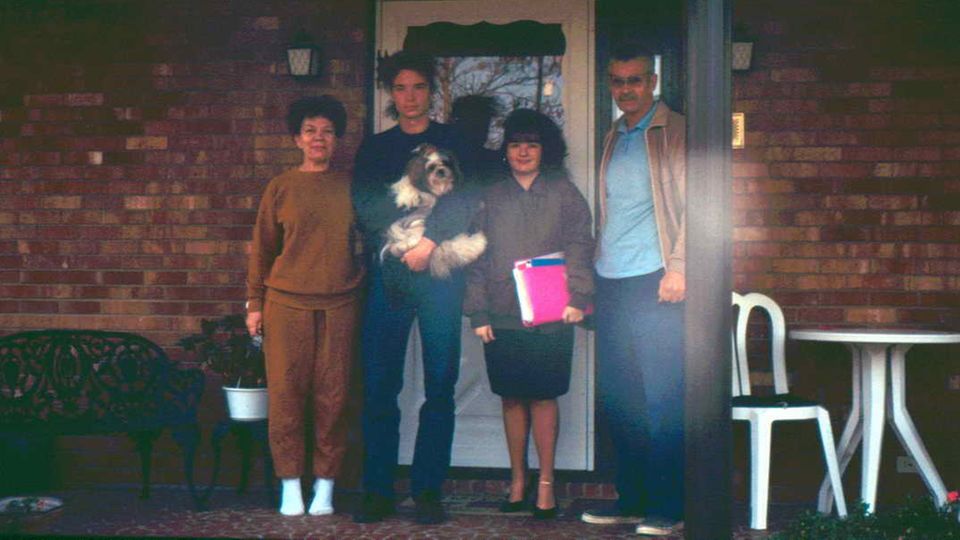
Now that we were there, we met a lot of Mosers, although we didn’t leave this entirely to chance. Greensboro had – how do I put this without sounding too calculated – well, inspired us. In the months that followed, we drove to many a church and even innocently asked for permission to sleep in the parking lot. And each time we were welcomed by people whose house the US flag flew in front of their house or whose hallway had a signed greeting card from Ronald and Nancy Reagan hanging in their hallway.
Later I was in the USA a few times and studied in Louisiana for almost a year. And of course I also saw the ugly America, the segregation, the violence, the poverty. But nevertheless, my respect for a country that has been trying not just since 1989, but since 1789, with this uncomfortable and unpredictable democracy, in which there is no right or wrong choice, but a free choice, grew steadily in me.
This week, on Wednesday morning, when it was clear that Trump would be US president again, I thought of the Mosers in North Carolina. I found online that the county in which Greensboro is located was 60 percent Kamala Harris-elect. I would have liked to call Myrl and Margaret and ask who they voted for.
But they died a few years ago. They no longer had to make that choice.
You can find all of Martin Debes’ previously published columns .
Source: Stern
I have been working in the news industry for over 6 years, first as a reporter and now as an editor. I have covered politics extensively, and my work has appeared in major newspapers and online news outlets around the world. In addition to my writing, I also contribute regularly to 24 Hours World.

